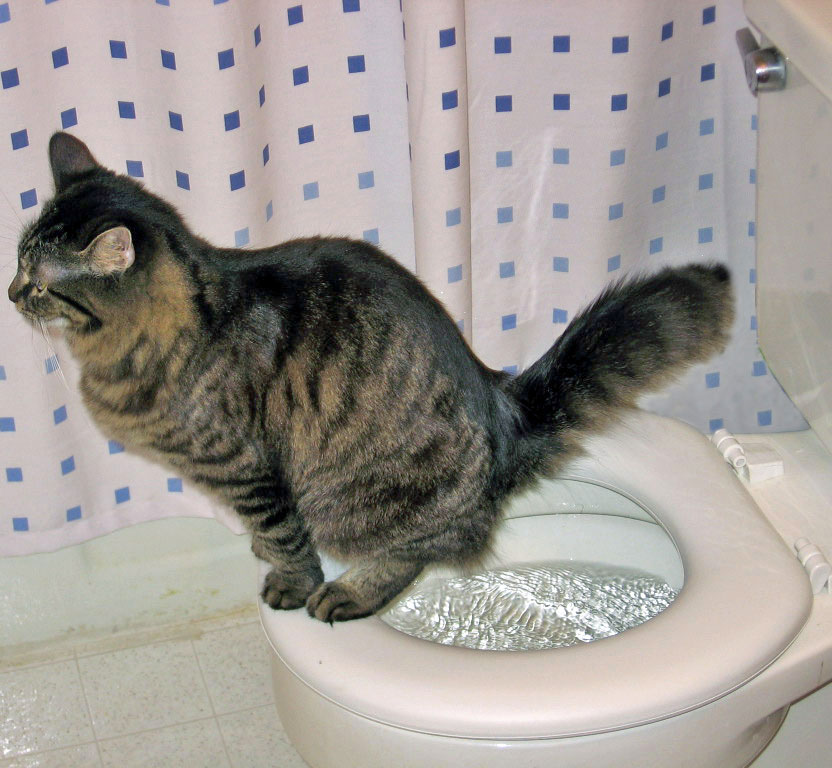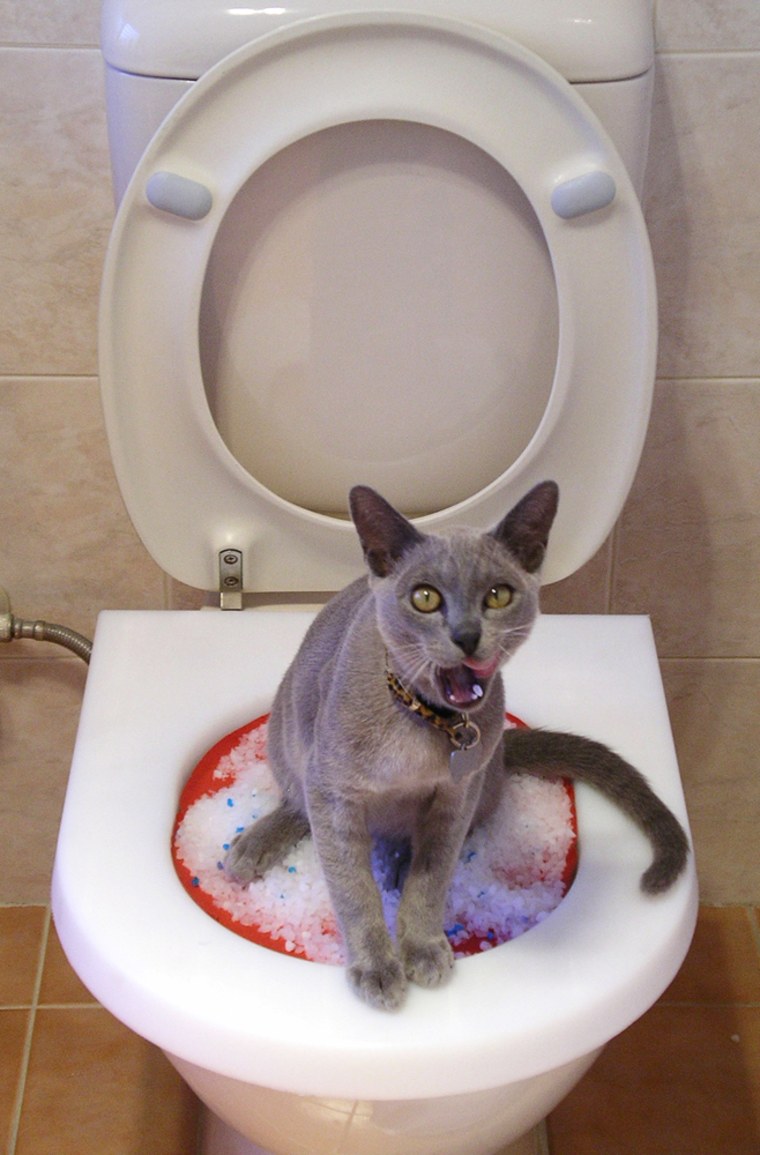They are making a number of good pointers relating to Don’t flush cat feces down the toilet as a whole in the content beneath.

Intro
As pet cat owners, it's essential to be mindful of just how we dispose of our feline good friends' waste. While it might appear practical to purge feline poop down the bathroom, this practice can have damaging consequences for both the atmosphere and human health and wellness.
Ecological Impact
Flushing cat poop presents dangerous pathogens and bloodsuckers into the supply of water, posing a significant threat to water ecological communities. These impurities can negatively impact aquatic life and compromise water high quality.
Health and wellness Risks
In addition to environmental worries, flushing pet cat waste can additionally present health and wellness risks to humans. Cat feces may consist of Toxoplasma gondii, a bloodsucker that can trigger toxoplasmosis-- a potentially severe ailment, especially for pregnant women and people with weakened immune systems.
Alternatives to Flushing
Luckily, there are more secure and more responsible ways to dispose of pet cat poop. Take into consideration the adhering to alternatives:
1. Scoop and Dispose in Trash
The most common approach of throwing away pet cat poop is to scoop it into a biodegradable bag and toss it in the trash. Be sure to make use of a devoted litter scoop and deal with the waste quickly.
2. Use Biodegradable Litter
Select eco-friendly feline trash made from products such as corn or wheat. These clutters are eco-friendly and can be securely thrown away in the garbage.
3. Bury in the Yard
If you have a backyard, consider hiding pet cat waste in a designated location far from veggie gardens and water resources. Make certain to dig deep enough to avoid contamination of groundwater.
4. Install a Pet Waste Disposal System
Buy a family pet waste disposal system particularly designed for pet cat waste. These systems utilize enzymes to break down the waste, reducing smell and environmental effect.
Conclusion
Liable animal ownership expands past providing food and shelter-- it also entails appropriate waste management. By avoiding purging cat poop down the commode and choosing alternative disposal approaches, we can lessen our ecological impact and protect human wellness.
Why You Should Never Flush Cat Poop Down the Toilet
A rose by any other name might smell as sweet, but not all poop is created equal. Toilets, and our sewage systems, are designed for human excrement, not animal waste. It might seem like it couldn’t hurt to toss cat feces into the loo, but it’s not a good idea to flush cat poop in the toilet.
First and foremost, assuming your cat uses a litter box, any waste is going to have litter on it. And even the smallest amount of litter can wreak havoc on plumbing.
Over time, small amounts build up, filling up your septic system. Most litter sold today is clumping; it is made from a type of clay that hardens when it gets wet. Ever tried to scrape old clumps from the bottom of a litter box? You know just how cement-hard it can get!
Now imagine just a small clump of that stuck in your pipes. A simple de-clogger like Drano isn’t going to cut it. And that means it’s going to cost you big time to fix it.
Parasitic Contamination
Believe it or not, your healthy kitty may be harboring a nasty parasite. Only cats excrete Toxoplasma in their feces. Yet it rarely causes serious health issues in the cats that are infected. Most people will be fine too if infected. Only pregnant women and people with compromised immune systems are at risk. (If you’ve ever heard how women who are expecting are excused from litter cleaning duty, Toxoplasma is why.)
But other animals may have a problem if infected with the parasite. And human water treatment systems aren’t designed to handle it. As a result, the systems don’t remove the parasite before discharging wastewater into local waterways. Fish, shellfish, and other marine life — otters in particular — are susceptible to toxoplasma. If exposed, most will end up with brain damage and many will die.
Depending on the species of fish, they may end up on someone’s fish hook and, ultimately on someone’s dinner plate. If that someone has a chronic illness, they’re at risk.
Skip the Toilet Training
We know there are folks out there who like to toilet train their cats. And we give them props, it takes a lot of work. But thanks to the toxoplasma, it’s not a good idea.

I'm very serious about How to Dispose of Cat Poop and Litter Without Plastic Bags and I am assuming you enjoyed the new article. In case you liked our article if you please do not forget to share it. Kudos for your time. Please pay a visit to our website back soon.
Book Today